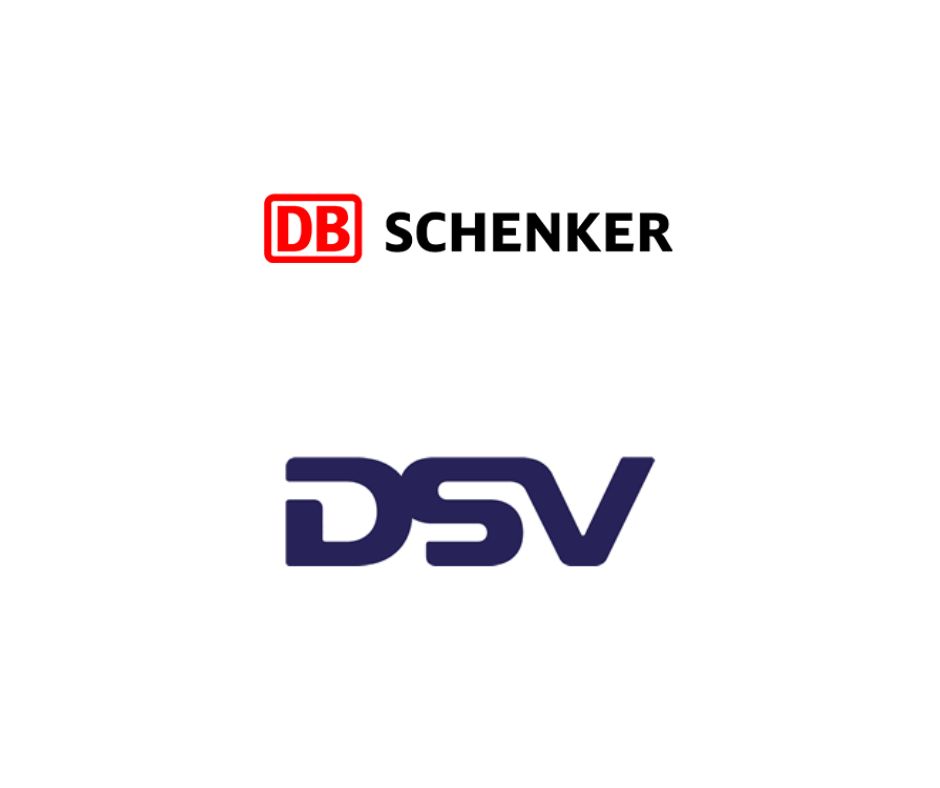Danish logistics giant DSV has secured approval from the European Commission to proceed with its $15.8 billion acquisition of German competitor DB Schenker, a subsidiary of Deutsche Bahn. This landmark deal, announced in September 2024, is set to establish the world’s largest logistics company.
Company Profiles
Founded in 1976, DSV has evolved from a modest group of ten truckers into a global transport and logistics powerhouse. The company offers services in road, air, sea, and contract logistics, operating in over 90 countries. DSV’s growth strategy has been marked by significant acquisitions, including UTi Worldwide in 2016, Panalpina in 2019, and Global Integrated Logistics in 2021.
DB Schenker, established in 1872, is a leading logistics provider specializing in land transport, air and ocean freight, and contract logistics. As a division of Deutsche Bahn, it has played a crucial role in global supply chain management, employing approximately 72,700 people worldwide
European Union Regulatory Framework
The European Commission evaluated the DSV-DB Schenker transaction under the EU Merger Regulation (Council Regulation (EC) No 139/2004). This regulation mandates the assessment of mergers and acquisitions to prevent the creation or strengthening of market positions that could significantly impede effective competition within the European Economic Area. In this case, the Commission determined that the logistics market’s fragmented nature and the presence of numerous alternative service providers meant the acquisition did not raise competition concerns.
Industry Implications
The consolidation of DSV and DB Schenker is poised to reshape the global logistics landscape. The combined entity will command approximately 6-7% of the global logistics market, surpassing competitors like DHL Logistics and Kuehne + Nagel. This enhanced scale is expected to offer improved service offerings and operational efficiencies
However, the merger also presents challenges, particularly concerning the integration of operations and corporate cultures. Experts anticipate potential customer attrition, with estimates suggesting that around 15% of DB Schenker’s current business may seek alternatives. Additionally, the acquisition could impact the industry’s competitive dynamics, potentially leading to reduced options and increased rates for some clients.
DSV’s acquisition of DB Schenker marks a significant milestone in the logistics sector, promising both opportunities and challenges as the industry adapts to this transformative consolidation.

